The Bergen Knowledge Hub aims to:
- Be a catalyst for collaboration, for knowledge exchange, and for exchange of ideas.
- Engage research and scholarship with policymaking in Europe and in the Nordic and Baltic Regions, on behalf of Academia Europaea and in close collaboration with national academies of the region.
- Promote excellent research from and about the Nordic and Baltic Region, its surrounding seas and the Arctic with emphasis on marine and maritime research, sustainability and the Nordic social model, through scholarly workshops and public events.
- Demonstrate the importance of scientific scholarship and maximise engagement with our members, policymakers, private and public entities and the wider public.
- Stimulate scientists to accomplish stringent and unequivocal communication with decision makers, media, and the public.
The Academia Europaea is the pan-European Academy of Humanities, Letters, Law, and Sciences. The Academia was founded in 1988 as the functioning Europe-wide Academy that encompasses all fields of scholarly inquiry.
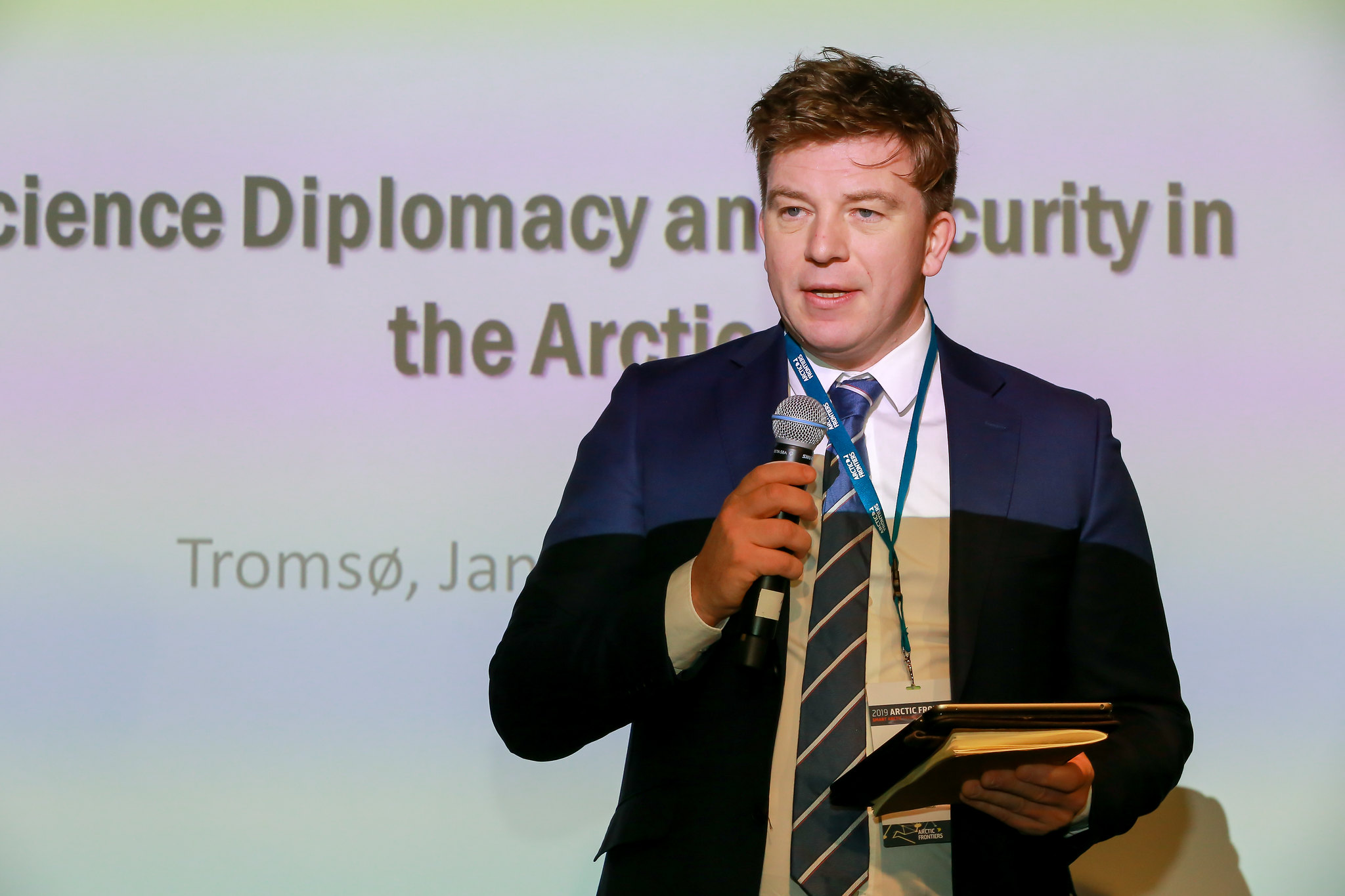
AE-Bergen project manager Ole Øvretveit participated in the Science Diplomacy Summit, hosted at Johns Hopkins University in Washington, DC, on April 14–15, 2025. The event brought together approximately 1400 participants from a wide range of countries and sectors, including academia, diplomacy, and Indigenous communities. Several nations, such as France, Poland, and Austria, were represented at a high diplomatic level, highlighting the global relevance of Arctic science and cooperation. Øvretveit contributed to the session “Polar Diplomacy: Arctic & Antarctic ” with a talk titled “Towards a New Era of Arctic Exceptionalism.”
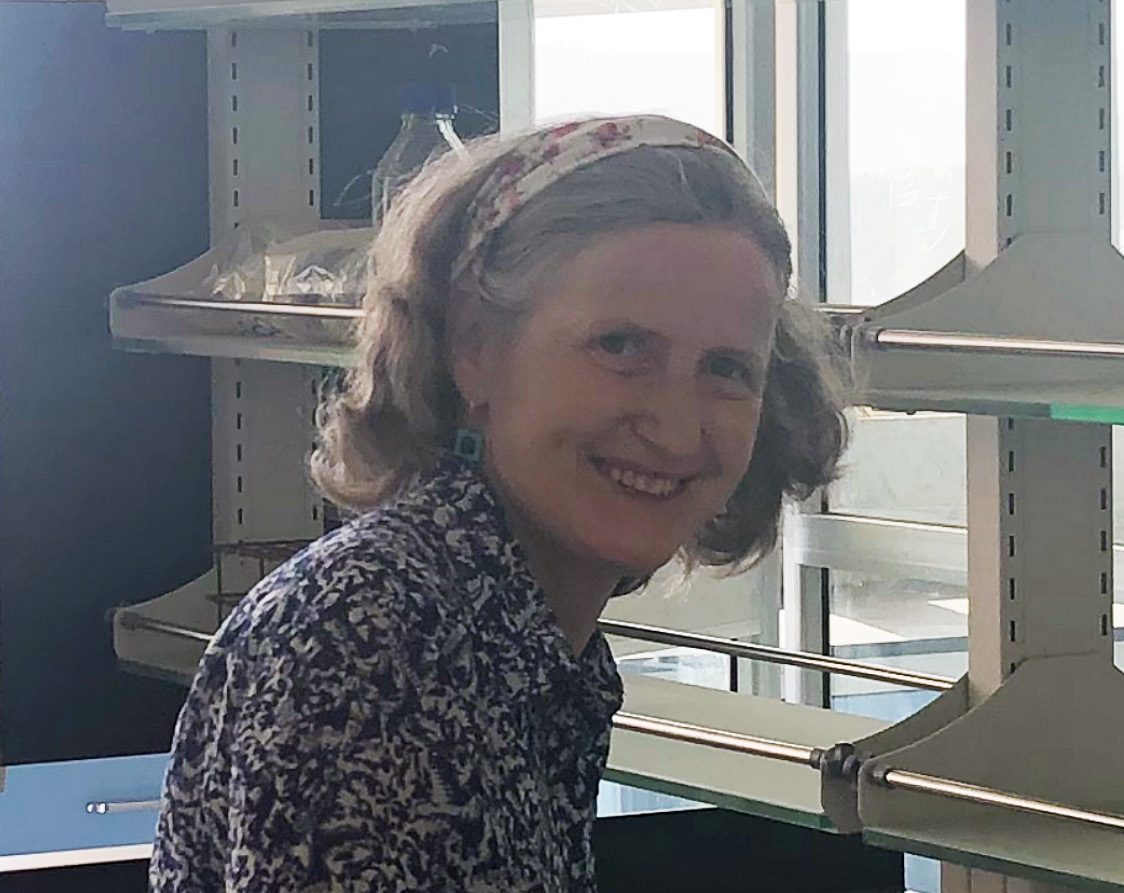
The recent SAPEA report “One Health governance in the EU” defines the “One Health”-concept as an integrated approach to optimize the health of humans, animals, and ecosystems, emphasizing their interdependence – how it’s all connected. Nominated by Academia Europaea Bergen, parasitologist Lucy Robertson participated in the working group for the report. In this interview, Lucy Robertson explains many aspects both of the “One Health”-concept and of how the SAPEA report can advance the One Health thinking.
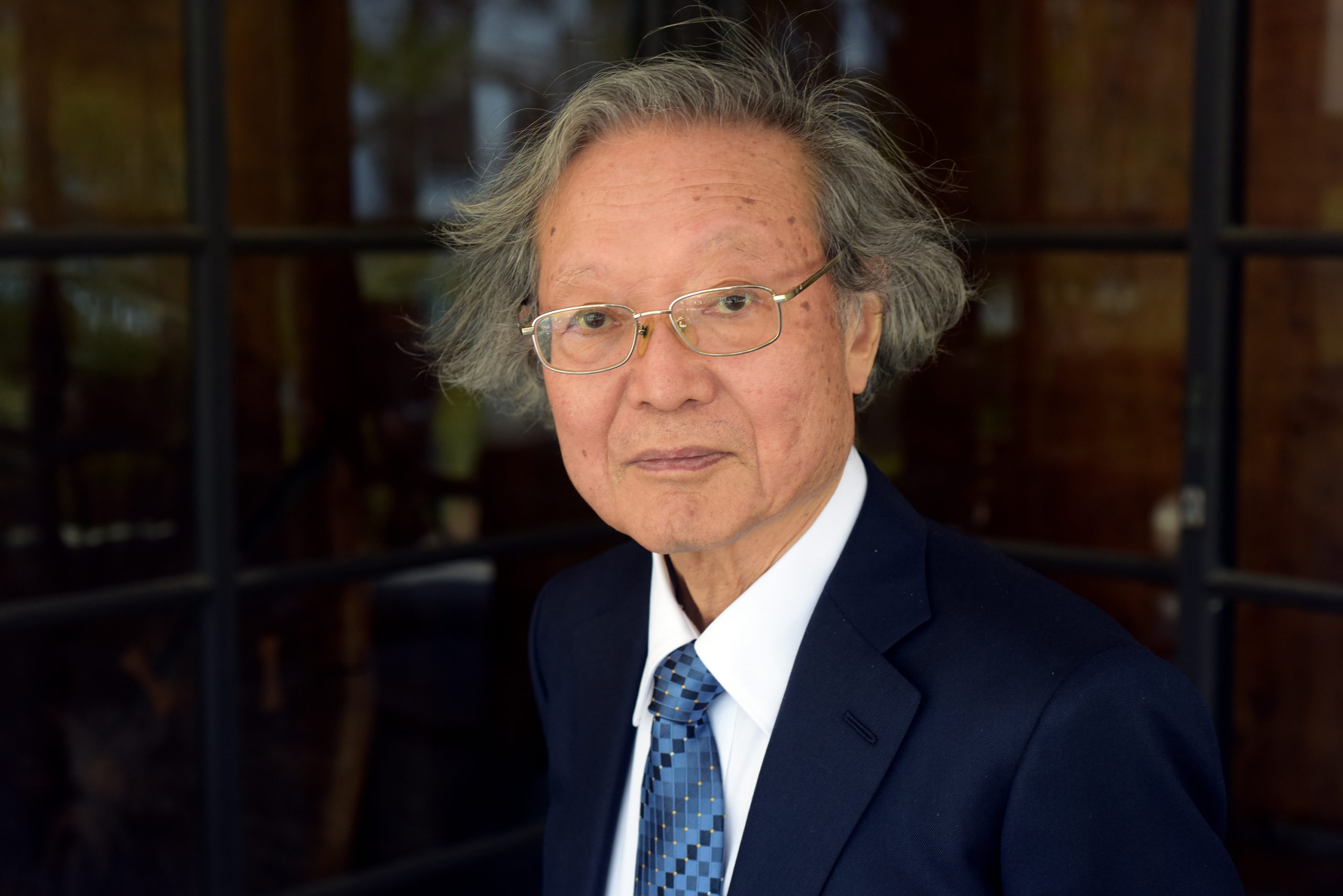
The Norwegian Academy of Science and Letters awarded the Abel Prize 2025 to Professor Masaki Kashiwara at Research Institute for Mathematical Sciences (RIMS), Kyoto University, Japan, and Kyoto University Institute for Advanced Study (KUIAS), Kyoto University, JapanMasaki Kashiwara has during more than half a century in mathematics opened the door to a new mathematical field. He has built bridges and created tools. He has proven astonishing theorems with methods no one had imagined. He has been a true mathematical visionary.
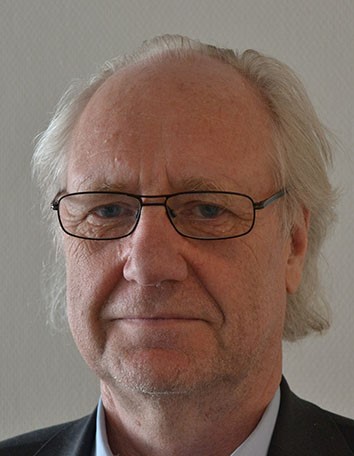
The Uppsala Conference and The General Assembly of the World Philology Union (WPU) at Uppsala University, December 2024, resulted in the signing of the “The Uppsala Declaration on the Preservation of Philology and the Study of Historical Languages”. The work to anchor “The Uppsala Declaration” is in its early stages and is expected to go through several phases, Amund Haave of the WPU board explains.
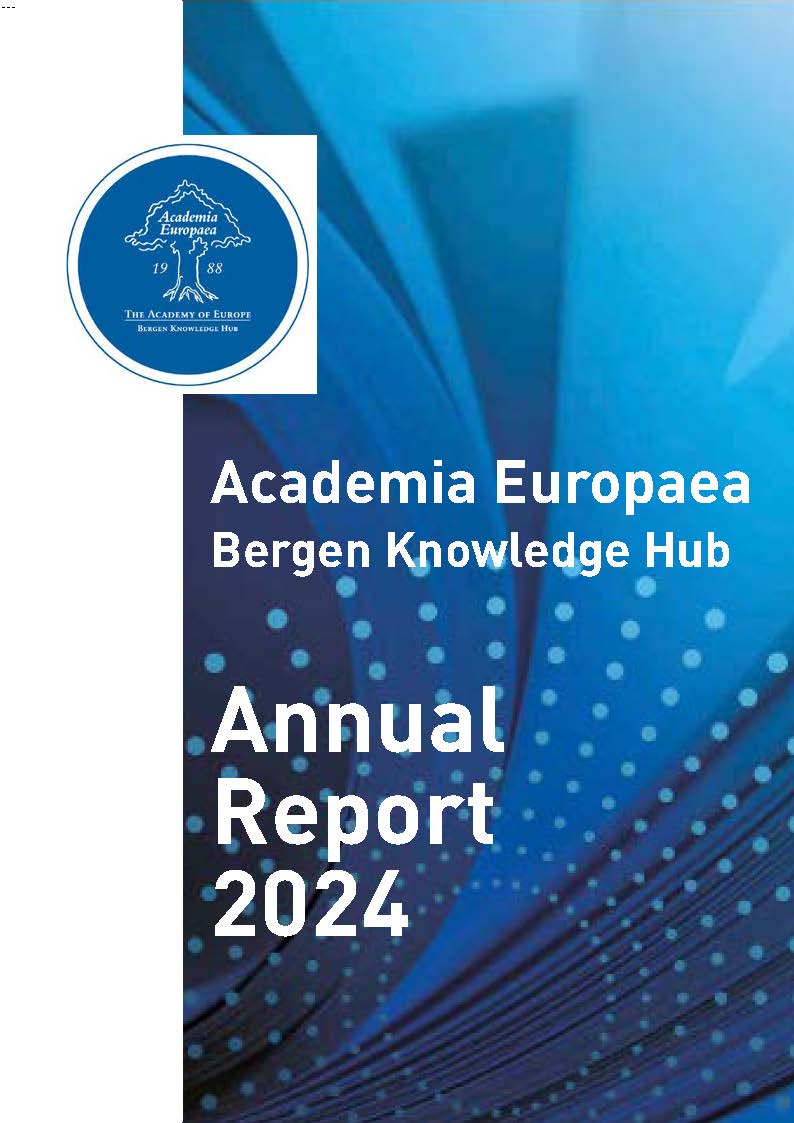
As evidenced by the Annual Report of the Academia Europaea Bergen Hub, 2024 was a highly active year for the Hub, with several lecture series, and a strong engagement in the research and innovation landscape of our region. The Annual Report 2024 is now available to download. The hub continued it’s cooperation in lecture series at University of Bergen, such as the Horizon lecture series and the NTVA/Tekna/AE-Bergen lecture series. In 2024, as in the previous year, our Hub’s had several activities focused on science and science diplomacy in the Arctic.
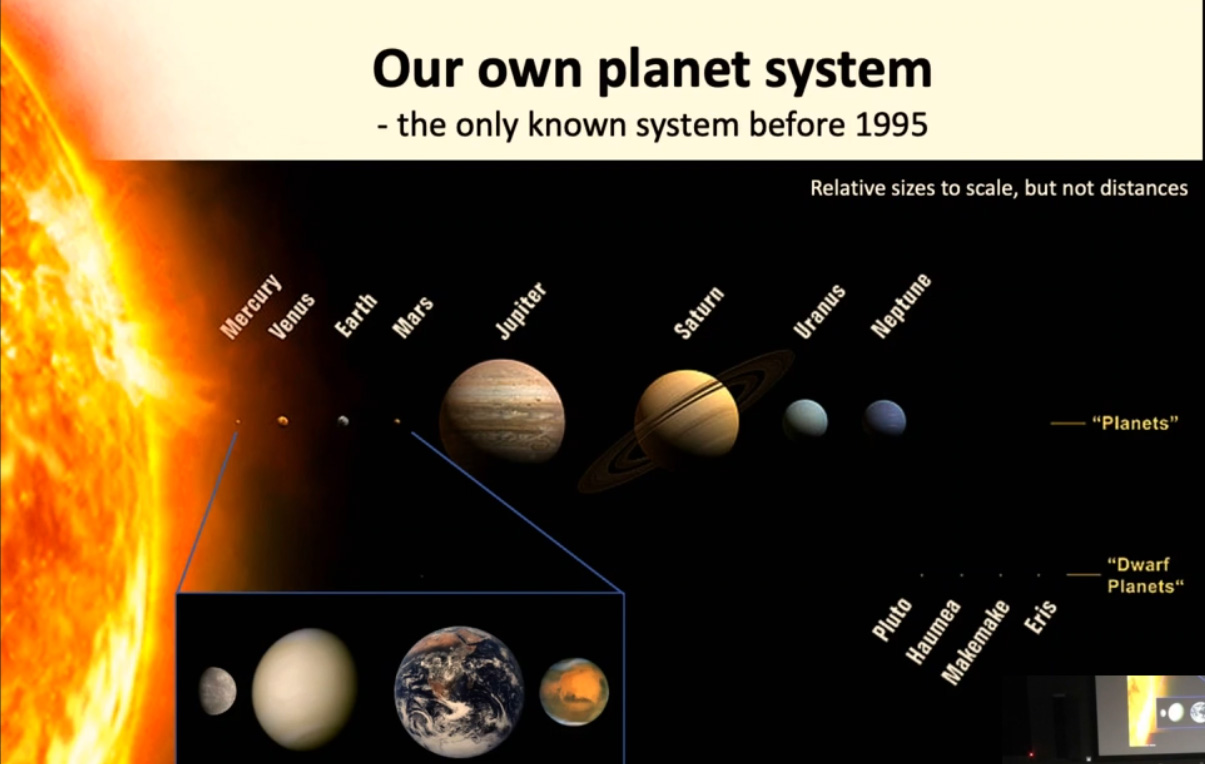
The first planet in another solar system was discovered in 1995 and raised existential questions: Are we alone? Could humans thrive on other planets? How can we detect life or assess habitability? In this recorded lecture, Professor Carina Persson, professor of astrophysics and head of Chalmers Exoplanet Group, provides an overview of the field, describe the current frontiers, and paint an outlook of the discoveries to come with better observational capacity.

Warming nearly four times faster than the global average, the Arctic stands as both a warning and a roadmap for addressing the interconnected crises of climate change, biodiversity loss, and geopolitical tensions. Rather than just to reflect on these challenges, we try to chart a way forward for collaboration, innovation, and equitable governance in the Arctic, project director Ole Øvretveit said inhis introduction at the Arctic Frontiers event co-hosted by Academia Europaea Bergen.
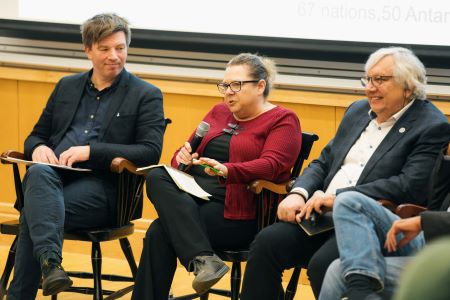
Climate Diplomacy on Thin Ice: Navigating Arctic Cooperation & Polar Governance. A recording of the panel discussion at Dartmouth College, November 18th 2024, The geopolitical landscape of the Arctic has shifted dramatically following Russia’s full-scale invasion of Ukraine, which paused over 25 years of traditional Arctic Council-informed and -guided cooperation with Arctic Indigenous Peoples, Arctic Nations, and Observer States. This break in Arctic diplomacy, particularly the cessation of scientific cooperation, raises crucial questions about the future of Arctic collaboration on challenges facing the Arctic and the planet. In light of this, our project seeks to present a series of informed scenarios that may help guide Arctic diplomacy and cooperation as we look toward 2032, a year that will also mark the 5th International Polar Year (IPY-5).
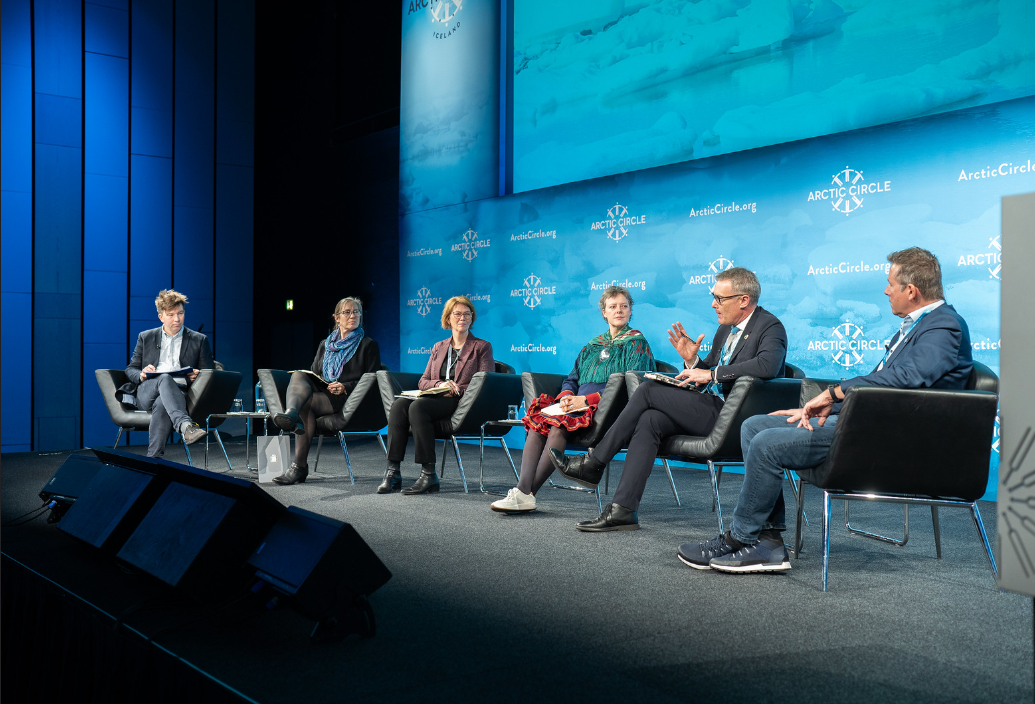
The future of Arctic collaboration is at a crossroads. As we look toward 2032 and beyond, it is essential to engage in forward-thinking discussions that go beyond immediate challenges and envision what Arctic diplomacy could become. This was the backdrop for a panel discussion at the Arctic Circle Assembly in Reykjavík, October 2024. In her introduction, Melody Brown Burkins described how the Arctic Science Diplomacy Project is a group with very diverse perspective, with several group members part of the Arctic Circle Assembly panel. Furthermore, she emphasized how this group will focus less on the immediate future of Arctic Science Diplomacy, but rather look ahead to possible scenarios in the build-up to the 5th International Polar Year 2032-2033.
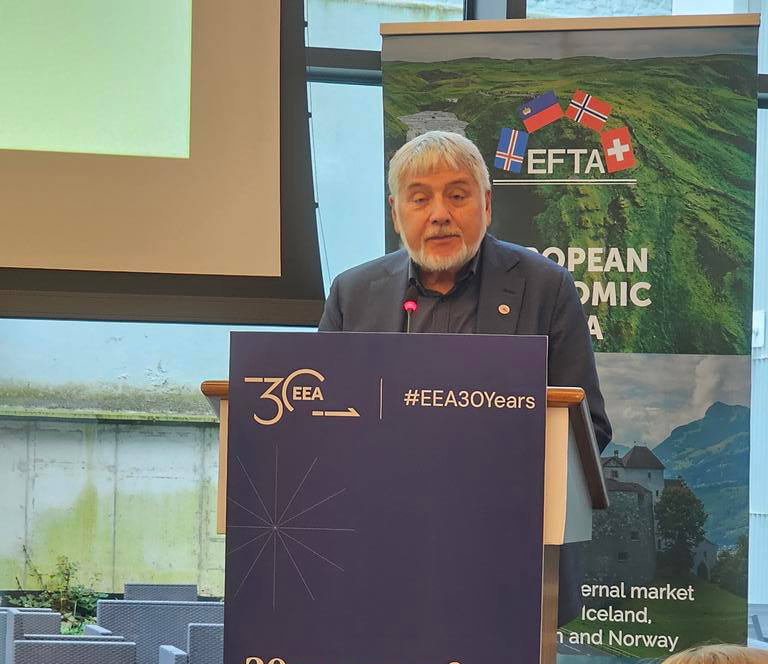
Eystein Jansen, Academic Director of Academia Europaea Bergen and ERC Vice-President, delivered a keynote address at the annual conference of Nordic University Rectors in Brussels on September 23, 2024. In his introduction: The last few weeks have been positive for the ERC and its mission, especially if the signals we’ve received translate into policies and funding decisions. I am particularly thinking of Mario Draghi’s comprehensive report on European competitiveness and the mandate given by Commission President von der Leyen to the newly appointed Commissioner for Research, Ekaterina Zaharieva.
